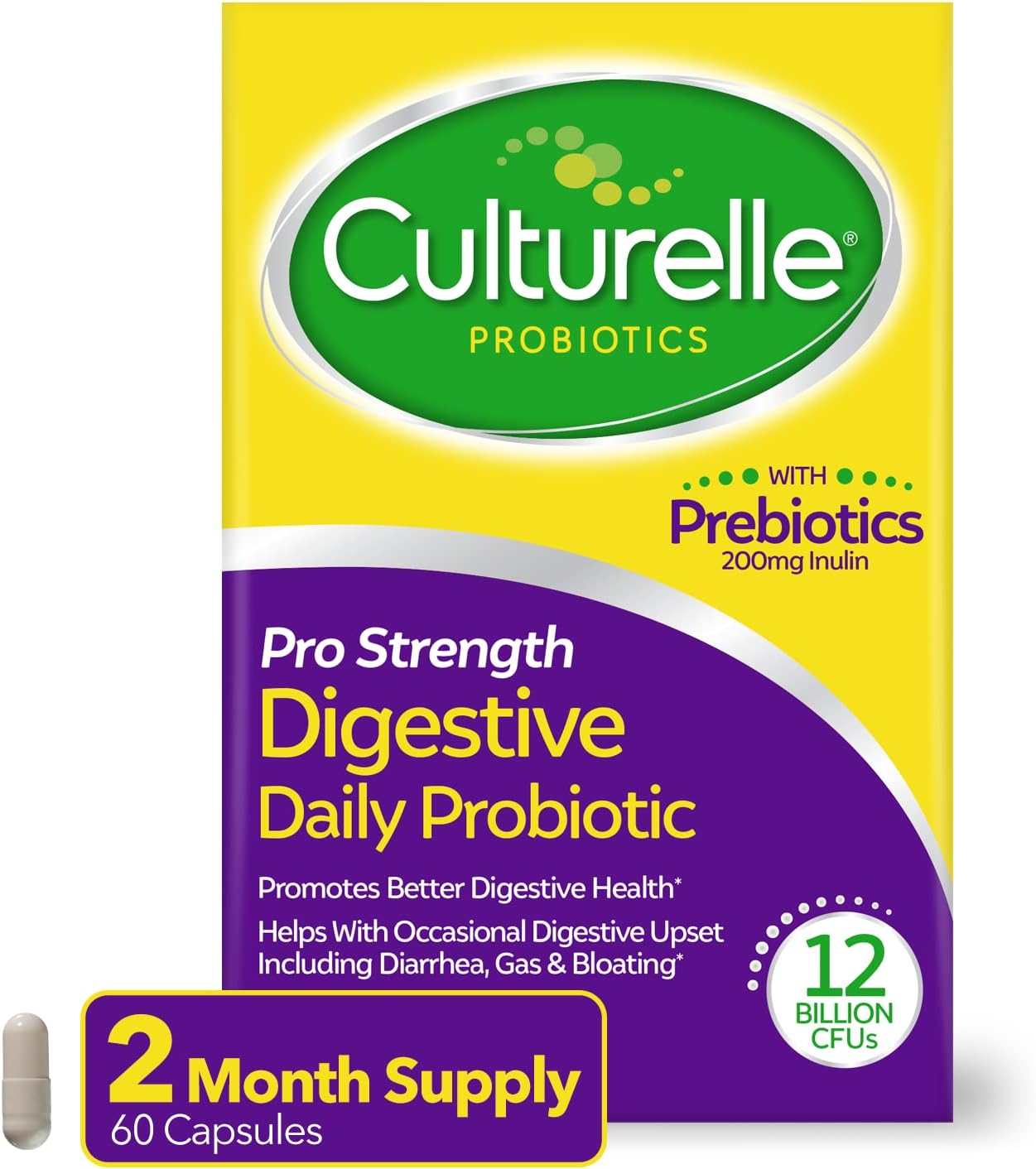












Price: $30.99
(as of Apr 10, 2025 12:36:31 UTC - Details)
What is the Best Time to Take Probiotics? A Comprehensive Guide
Introduction
Probiotics have become a buzzword in the health and wellness community, touted for their ability to support gut health, boost immunity, and even enhance mood. But with so much information floating around, many people wonder: what is the best time to take probiotics? This question is crucial to maximizing the benefits of these beneficial bacteria. In this article, we will explore various aspects of probiotics, including their timing, types, and how to choose the right one for you. By the end, you'll have a solid understanding of how to incorporate probiotics into your daily routine effectively.
Understanding Probiotics
What Are Probiotics?
Probiotics are live microorganisms that offer health benefits when consumed in adequate amounts. They are often referred to as "good" or "friendly" bacteria, as they help maintain a balanced gut microbiome. This balance is essential for digestion, immune function, and overall health.
Why Are Probiotics Important?
Probiotics play a significant role in maintaining gut health. They help break down food, absorb nutrients, and prevent harmful bacteria from taking over your gut. Additionally, a healthy gut microbiome has been linked to better mental health, improved digestion, and a stronger immune system.
When to Take Probiotics: Morning or Night?
Morning vs. Night: What’s the Best Time?
Many people ask, "Is it better to take probiotics in the morning or at night?" The answer isn't straightforward, as it depends on your lifestyle and personal preferences. However, studies suggest that taking probiotics in the morning on an empty stomach may enhance their effectiveness. When your stomach is less acidic, the probiotics are more likely to survive the harsh environment and reach your intestines.
Should You Take Probiotics with Food?
Another common question is whether to take probiotics with food. Some research indicates that taking probiotics with a meal can help buffer the stomach acid, potentially allowing more bacteria to survive. So, if mornings are rushed for you, consider taking your probiotics with breakfast for a more convenient option.
Types of Probiotics: Which One to Choose?
Different Strains and Their Benefits
Not all probiotics are created equal. There are numerous strains, each with its unique benefits. For instance, Lactobacillus rhamnosus is known for supporting digestive health, while Bifidobacterium bifidum is excellent for boosting immunity. Understanding which strain addresses your specific health concerns can help you choose the right probiotic.
How to Read Probiotic Labels
When shopping for probiotics, pay attention to the label. Look for the number of live cultures, the specific strains included, and the expiration date. A higher number of CFUs (colony-forming units) doesn't always mean better quality, so make sure to research brands and read reviews.
Customizing Your Probiotic Routine
How to Incorporate Probiotics into Your Daily Life
Integrating probiotics into your life can be simple and enjoyable. You can take them in capsule form, drink probiotic-rich beverages like kefir or kombucha, or munch on fermented foods like yogurt or sauerkraut. Find what works best for you and your lifestyle.
Monitoring Your Body’s Response
As you start taking probiotics, pay attention to how your body reacts. Some people may experience mild digestive discomfort initially, but this usually subsides as your gut adjusts. If you notice any adverse effects, consider switching strains or consulting a healthcare professional.
Additional Benefits of Probiotics
Probiotics and Mental Health
Emerging research suggests a gut-brain connection, indicating that a balanced gut microbiome may positively affect mental health. Probiotics might help reduce symptoms of anxiety and depression, making them a worthwhile addition to your wellness routine.
Probiotics for Immune Support
Probiotics can also bolster your immune system. By enhancing the gut barrier and modulating immune responses, they may help reduce the risk of infections and illnesses. This is particularly beneficial during cold and flu season.
Conclusion
In summary, the best time to take probiotics largely depends on your individual preferences and lifestyle. Whether you choose to take them in the morning or at night, the key is consistency. Understanding the different types of probiotics and how to incorporate them into your daily routine can help you reap their maximum benefits. Remember, a healthy gut is the foundation of overall health, and probiotics can play a significant role in achieving that balance. So, the next time you ask yourself, "What is the best time to take probiotics?" consider your schedule, listen to your body, and enjoy the journey to better health!
PROBIOTIC FOR DIGESTIVE HEALTH: Culturelle probiotics are naturally sourced with scientifically proven ingredients to keep your digestive system in balance; helps reduce occasional gas, bloating and diarrhea.* For daily use, take 1 capsule per day
PROVEN EFFECTIVE STRAIN: Culturelle Pro Strength Daily Probiotics for Men & Women are formulated with the clinically studied probiotic strain, Lactobacillus rhamnosus GG which has also been demonstrated to survive harsh stomach acids to get the probiotics where they’re needed in the intestines
PROBIOTIC POWER: Culturelle Pro Strength is formulated with 12 billion CFUs (colony-forming units) of the most clinically studied probiotic, proven to provide digestive & immune support, plus the prebiotic inulin*
SAFE & BACKED BY RESEARCH: Over 1,000 scientific studies and 30 years of research have demonstrated the safety and efficacy of Lactobacillus rhamnosus GG probiotic; Culturelle Pro Strength is vegetarian and contains no gluten, milk, soy or preservatives
NO REFRIGERATION REQUIRED: Every package of Culturelle Probiotics meets the highest standards for purity and potency when consumed; To preserve the billions of CFUs in your Culturelle Probiotics, store them in a cool, dry place away from sunlight
